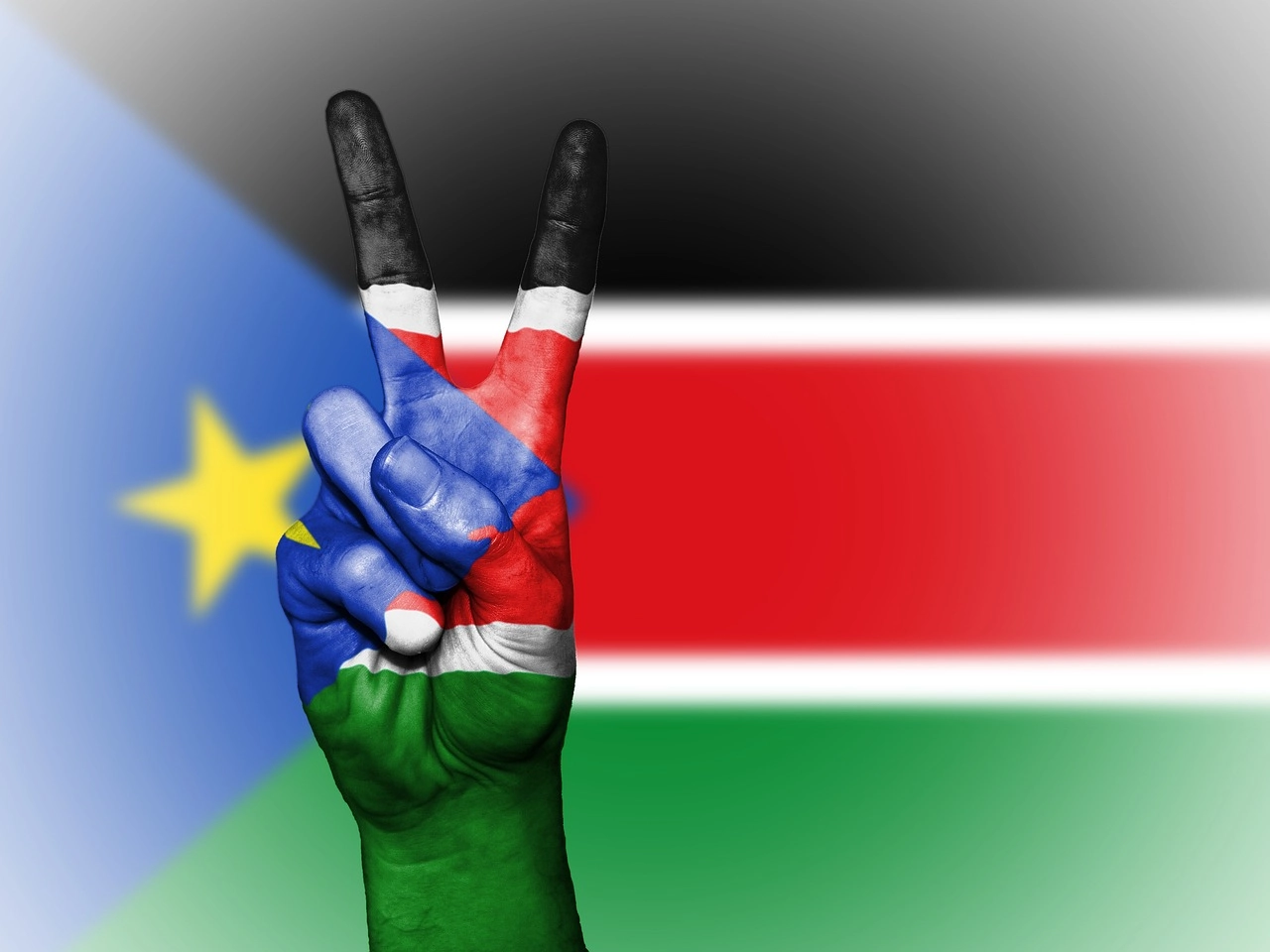Investment opportunities in South Sudan
South Sudan, the world’s youngest country, presents a unique landscape for investors looking to unlock their potential. The country boasts abundant natural resources, fertile agricultural land, and a young population eager to participate in economic activity.

2024/12/6
79








